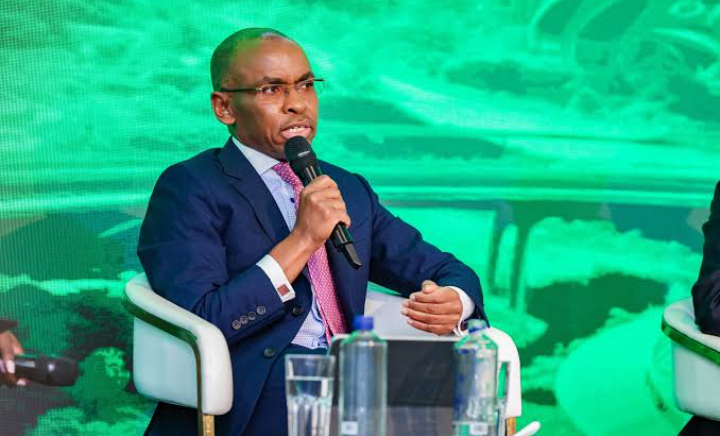The recent ruling by the High Court of Kenya against Safaricom’s attempt to impose expiry dates on Bonga Points has been hailed as a big victory for consumer rights.
Justice Chacha Mwita’s judgment struck down Safaricom’s plan, which would have led to the forfeiture of points accumulated before December 31, 2019, if not redeemed by January 2023.
This decision underscores the importance of safeguarding consumer economic rights, declaring that once Bonga Points are awarded to customers, they become the property of the consumer and cannot be arbitrarily altered or revoked by the company.The case was brought forward by Dr. Benjamin Gikenyi, a Nakuru-based surgeon, who argued that the telco’s move to introduce expiry dates without consulting its customers violated both the Constitution and the reasonable expectations of over 40 million subscribers. According to Dr. Gikenyi, the proposed policy could have led to the loss of more than KSh 4.5 billion worth of points. The court agreed with this argument, emphasizing that Safaricom’s unilateral decision to change the terms of its loyalty program was unconstitutional, as it posed a significant risk to consumers’ economic interests.Safaricom, which introduced its Bonga Points program in 2007, allows customers to accumulate points from spending on mobile services and M-Pesa transactions. These points can be redeemed for rewards such as goods, services, or bill payments. Safaricom defended its policy, arguing that the program’s terms and conditions allowed for changes and that the introduction of expiry dates was part of an effort to improve the program’s efficiency, aligning it with international practices. The company also emphasized that customers voluntarily participate in the program, implying that they had implicitly agreed to potential modifications. However, the court rejected this argument, asserting that such changes, particularly those affecting points that had already been earned, could not be imposed without proper consultation or consent from customers.The court’s ruling has far-reaching implications. Not only does it protect the rights of Safaricom’s customers, but it also sets an important legal precedent for the regulation of corporate loyalty programs in Kenya. The decision affirms that consumer benefits, once accrued, are protected by law and cannot be altered without due process. The ruling is likely to influence how other companies design and manage loyalty programs in the future, with a greater emphasis on transparency, fairness, and consumer participation.Furthermore, this case brings to light the broader issue of consumer protection in Kenya. It highlights the need for businesses to be more accountable and transparent when making decisions that affect their customers’ economic interests. While Safaricom’s position on the matter was rooted in efficiency and international practice, the court’s ruling reinforces the principle that corporate changes must always consider the rights and expectations of consumers, ensuring that they are not unfairly disadvantaged by unilateral decisions.The High Court’s decision also serves as a reminder for consumers to remain vigilant and assertive in protecting their rights. It demonstrates the power of legal action in holding corporations accountable and ensuring that businesses act in accordance with the law and in the best interests of their customers.





















Add Comment